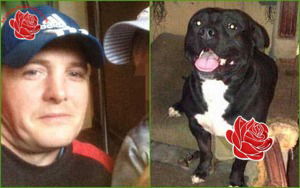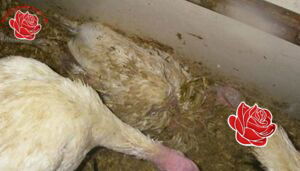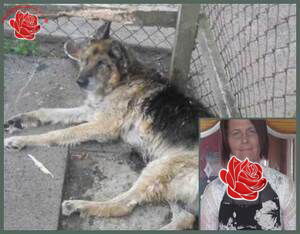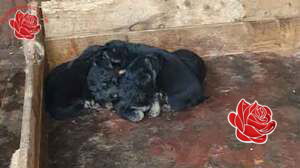Michael Agnew's Social Media Accounts
Know a Social Media Account Linked to Michael Agnew?
Want to add information? Log in to your account to contribute accounts and phone numbers.
MICHAEL AGNEW'S SHOCKING CRUELTY IN BALLYMENA: FARMER'S LONG HISTORY OF ANIMAL ABUSE AND BAN
Michael Agnew, born around 1971 and formerly residing on Ballynease Road in Portglenone, Ballymena, has a deeply troubling history of animal cruelty that culminated in a conviction in 2018. His address at the time was BT44 8NU, and he is known for causing unnecessary suffering to two pigs, a case that drew significant attention due to his extensive prior convictions.Agnew’s criminal record is extensive, with a total of 159 previous convictions. Among these, 19 are specifically related to animal welfare offences, highlighting a pattern of neglect and cruelty. His history of animal mistreatment led to a ban in May 2014, prohibiting him from owning or caring for livestock. Despite this, his actions continued to demonstrate a blatant disregard for animal welfare.
On October 6, 2015, officials from the Department of Agriculture and Rural Development (DARD) conducted an inspection of Agnew’s farm. During this visit, they observed two sows in particularly poor condition. One of the animals was suffering from a large mammary abscess that had burst, while the other was afflicted with a spinal abscess. The veterinarian present at the scene confirmed that both animals were experiencing unnecessary suffering and recommended their humane euthanasia.
Agnew, however, objected vehemently to this advice. He insisted that his own veterinarian be called in for a second opinion. After the second vet examined the animals, she concurred with the initial assessment and agreed that euthanasia was the most humane course of action. Despite the veterinary consensus, Agnew was resistant and only agreed to the euthanasia after the second vet’s approval.
During the investigation, it was revealed that Agnew had a history of neglecting animal carcasses. His previous convictions included failing to properly dispose of the remains of three sheep, one donkey, one horse, and two cows. On one occasion in December 2012, officials found numerous dead animals on his farm, further illustrating his ongoing neglect and disregard for animal welfare standards.
Agnew’s legal troubles are compounded by his failure to cooperate with authorities. He was invited for interviews on two separate occasions but failed to provide any account of his actions, leaving the authorities with limited insight into his conduct.
Defense counsel highlighted that Agnew, a father of six children, was deeply afraid of incarceration. He had recently separated from his partner and only visited the Portglenone farm to drop off or pick up his children. The defense argued that the case involved only two sows and did not reflect widespread neglect or abuse of larger flocks or herds. They emphasized that while Agnew’s record in animal welfare is indeed poor, this particular incident was isolated.
In 2018, at Londonderry Crown Court, Judge Philip Babington delivered a stern judgment. He stated that Agnew “should be kept miles away from every living creature,” emphasizing the severity of his cruelty. The judge expressed that any animal encountering Agnew would likely suffer a heart attack upon seeing him approach. While acknowledging that Agnew’s actions warranted imprisonment, the judge decided against a custodial sentence, citing the potential harm to his children. Instead, he ordered Agnew to serve an 18-month prison sentence, suspended for four years, and imposed a lifetime ban preventing him from owning, keeping, transporting, or dealing with any animals. Additionally, the court ordered the removal of any animals currently in Agnew’s possession.
Judge Babington made it clear that if Agnew ever contacts or comes into contact with animals again, he would face immediate imprisonment. The court’s decision underscores the seriousness of animal cruelty and the importance of safeguarding vulnerable creatures from individuals with a history of such offences.
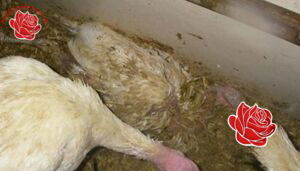




.jpg?w=300)





